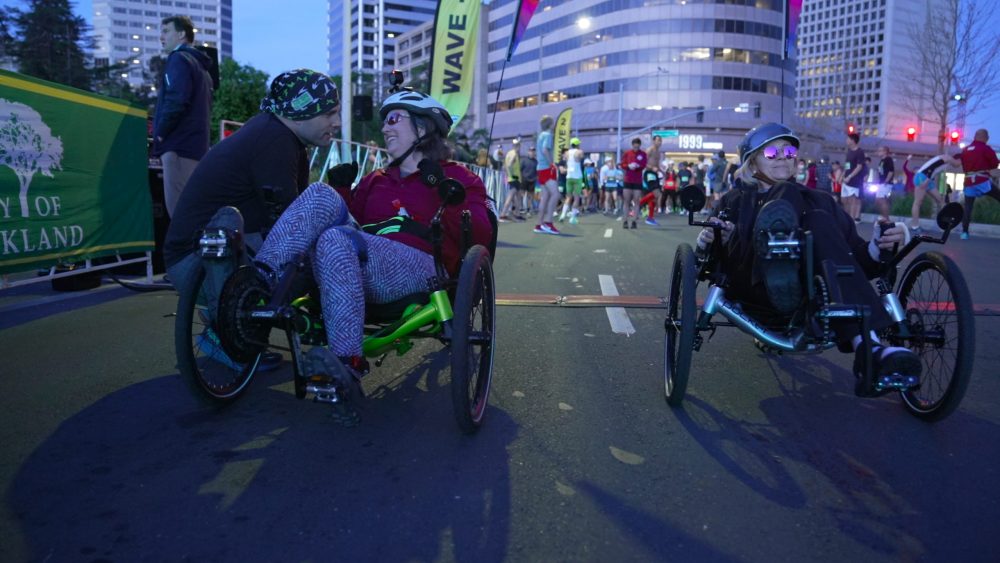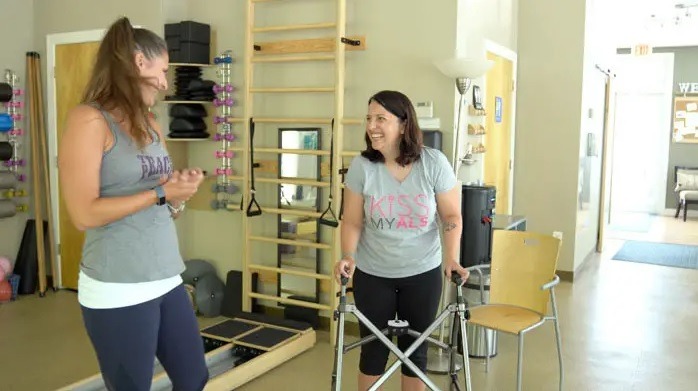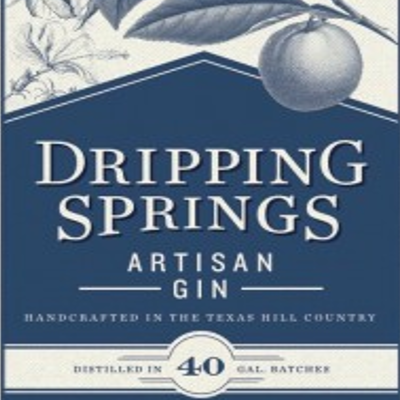By Brian Landa
@BrianLandaLawyer
Lou Gehrig’s Disease. ALS. Amyotrophic Lateral Sclerosis. A degenerative muscular disorder whose diagnosis is very much considered a death sentence.
The average lifespan from that point is a mere two to five years. A new documentary titled “Go On, Be Brave” follows the extraordinary story of Andrea Lytle Peet, who was diagnosed with ALS in 2014 at the age of 33

As we learn, ALS tends to hit endurance athletes at a higher percentage. Andrea was a dedicated marathon runner, and she wasn’t going to let her diagnosis get the best of her. So she set out with a goal, along with her almost preternaturally supportive husband David Peet. That goal was to use a custom-built tricycle to “run” a full marathon in all 50 states, before the end of her lifetime, to raise awareness of ALS in a much different way than the highly popular “Ice Bucket Challenge” of several years ago.
Documentary co-directors Miriam McSpadden and Brian Beckman are given ultimate access to this quest. Interviews range from fellow ALS patients to a flamboyantly attired physician who is a top expert on the disease and also has an amazingly open and caring bedside manner, even with all the flash.

Throughout the film, whenever Andrea encounters a fellow patient, there is an onscreen caption of their diagnosis date, and (usually) their date of death, as a constant reminder that what she is doing in this film is extraordinary.
There are some twists and turns along the way because some days Andrea will feel much better than others. And some high-profile marathons have particular restrictions that may or may not be waived, even for such an altruistic cause. If there was no drama, conflict, and adversity on top of the disease itself, there would be no story. But I will not tell you here whether she achieves the goal. You’ll have to discover that on your own.
This is not an easy watch, especially the scene where Andrea and David visit one of the longest living matriarchs of the disease, Mayuri Saxena, who was diagnosed in 2013. Immobile and bound to a medical bed, but with a brain as sharp as ever, Mayuri is very much an activist and maintains a wry sense of humor.

ALS affects Andrea’s speech so severely that the filmmakers made the artistic (and practical) decision to caption her dialogue with subtitles. It takes a bit of adjustment, but once the viewer can get on board with the cause and the effort, the generally off-putting elements of the film are secondary.

Underdog sports documentaries are quite fascinating because you have no idea where they are headed (nor do the filmmakers), as long as you go in without spoilers, and the story develops organically. I recommend this one highly for anybody in the ALS
community, marathon runners (because a lot of footage is filmed at various marathons around the country), and fans of documentaries in general.
It’s amazing to see the support she gets as she goes from state to state to ride her fancy trike bike certainly much further than I could go. Again, Andrea started out as an endurance athlete. That’s the major tragedy of ALS – Fitness does not always equal a lifetime of health. But with awareness of the kind that this film will bring, perhaps a cure is within our lifetimes.







